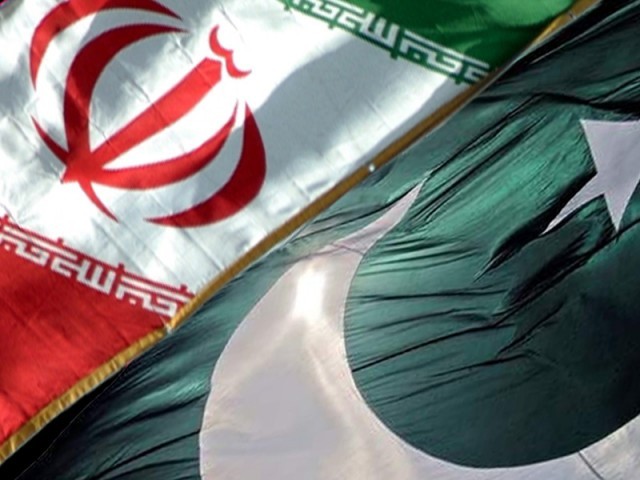OFAC Amends ITSR, Permits U.S. Person Training
On December 23, 2016, the United States Department of the Treasury’s Office of Foreign Assets Control (OFAC) amended the Iranian Transactions and Sanctions Regulations (ITSR), 31 C.F.R. Part 560 – the first substantive amendment to the regulations since the advent of the Joint Comprehensive Plan of Action (JCPOA), the nuclear accord between the United States, other major world powers, and Iran. Generally, the amendments broadened the scope of permissible humanitarian exports from the United States to Iran and clarified certain definitions in the ITSR to erase any hurdles that may arise in humanitarian trade between the two countries. In this regard, the amendments were fully in line with the policies of the Obama administration over the last several years, which has been to expand humanitarian-related ties with Iran (as evidenced, for example, by the numerous revisions to OFAC’s List of Basic Medical Supplies).
While consistent with previous ITSR amendments, however, the recent changes signal a turning point in OFAC’s administration of the U.S. trade embargo with Iran. As part of the amendments, OFAC provided general license authorization for U.S. persons to provide “training necessary and ordinarily incident to the safe and effective use of medicine and medical exports exported or re-exported pursuant to [31 C.F.R. § 560.530(a)(3)…to the Government of Iran, to any individual or entity in Iran, or to persons in a third country purchasing specifically for resale to any of the foregoing,” provided certain conditions are met. Those conditions include restrictions on payment terms and financing, the release of certain technologies to Iran, and the persons to whom such training can be offered. Broadly speaking, though, U.S. persons are now authorized to provide such training to persons in Iran, including, but not limited to, the Government of Iran.
This constitutes a veritable sea change in OFAC’s licensing policies. Up until the recent amendments, most license applications in which medical exporters sought to provide training to Iranian persons regarding use of the exported medical products were denied by OFAC. It is not that OFAC had a specific licensing policy in place in which it would review such license applications under a favorable presumption, but rather that OFAC would presumptively deny such license applications. In conversations I have held with the U.S. Chamber of Commerce, it became apparent that OFAC’s former policy was to reject any license application in which U.S. persons would have the kind of direct commercial interaction inherent in training Iranian persons how to use medicines and medical devices exported to Iran.
With the recent ITSR amendments, however, OFAC has not just adopted a policy in which it would review such license applications with a presumption in their favor, but has rather chosen to generally authorize such training for medicine and medical devices exported or re-exported to Iran under 31 C.F.R. § 560.530. In adopting this new general license, OFAC has apparently decided that all such training falls well within U.S. foreign policy interests and can be effectively “pre-authorized” as a result. OFAC has taken a giant leap forward in its licensing policy by amending the ITSR in this manner.
OFAC’s evolved approach is not the most important element of this episode, however. Instead, the most consequential development arising out of the recent ITSR amendments is that U.S. persons will now be in direct person-to-person contact with Iranian individuals and entities – including in Iran – on a commercial and humantiarian-related basis. OFAC has long authorized the export and re-export by U.S. persons of agricultural commodities, medicine, and medical devices to Iran, and OFAC has recently provided specific license authorization to Boeing to export civil passenger aircraft to Iran – an authorization that presumably includes permission for U.S. persons to provide training in the safe and effective use of the exported aircraft. Such license authorizations permit U.S. persons to engage Iran on a commercial basis. However, as with the Boeing sale, OFAC’s most recent amendments permit a more sustained commercial relationship between the United States and Iran – and, more specifically, U.S. and Iranian persons. Take a look, for instance, at the kinds of transactions that would fall under the new general license for such medical device training:
OFAC considers training activities including the dissemination of product information on the intended use of the device; comparisons of other devices and options; and the manufacturer’s instructions for use, labeling, warning, contraindications, storage, and maintenance of the medicine or device to be necessary and ordinarily incident to the safe and effective use of medicines and medical devices. Other examples including training health care professionals to use medical devices safely in order to achieve the desired patient outcome, training on procedures for cleaning and inspecting devices regularly to ensure they are functioning correctly, ongoing training and periodic testing to ensure users stay competent, and training on procedures for adverse events or device failure.
By allowing U.S. persons to provide such training to Iranian persons on the safe and effective use of medicine and medical devices exported to Iran under general license, OFAC is authorizing sustained person-to-person relationships between the United States and Iran on a commercial basis and for humanitarian-related purposes. The key word here is sustained. Little has been sustained between the United States and Iran over these past two decades, but this new general license permits such sustained relationships perhaps for the first time. That has the potential to break an important taboo in U.S.-Iran relations and lead the way to broader license authorizations allowing for U.S. sanctions policies towards Iran to come back into line with OFAC’s recent emphasis on targeted sanctions.



